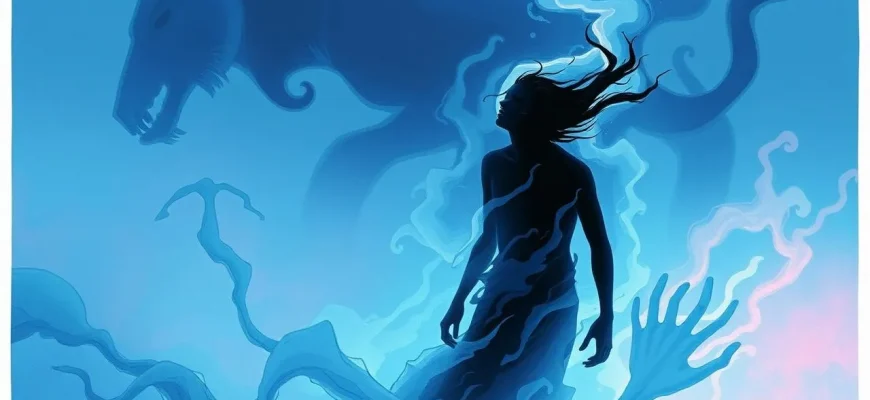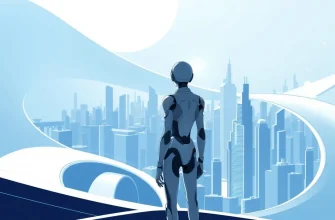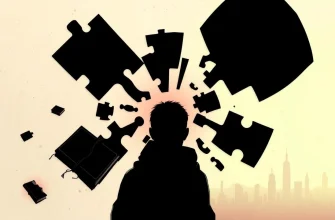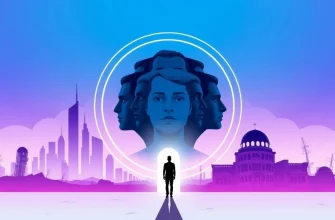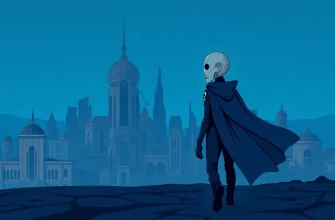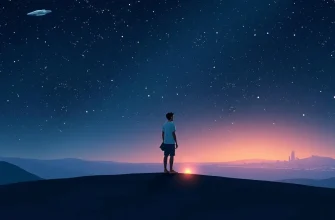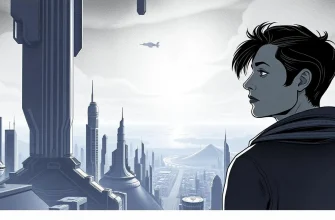Dreams have always been a fascinating subject in cinema, offering a canvas for filmmakers to explore the depths of the human psyche, alternate realities, and the blurred lines between what's real and what's imagined. This curated list of 10 sci-fi films delves into the realm of dreams, where the subconscious mind takes the lead, and the impossible becomes possible. Whether you're a fan of psychological thrillers, mind-bending adventures, or simply love the surreal, these films will transport you to worlds where dreams are not just a nightly escape but a gateway to adventure, mystery, and sometimes, terror.

Dreamscape (1984)
Description: A psychic is recruited to enter people's dreams to stop a political assassination, encountering various dream worlds and nightmares.
Fact: The film was one of the first to explore the concept of dream manipulation. It features early CGI effects for its dream sequences.
 Watch Now
Watch Now 
A Nightmare on Elm Street (1984)
Description: Freddy Krueger, a disfigured killer, haunts the dreams of teenagers, where if they die in their dreams, they die in real life.
Fact: Wes Craven was inspired by reports of Cambodian refugees who died in their sleep from nightmares. The film's iconic glove was made from a gardening glove and steak knives.
 Watch Now
Watch Now 
The Matrix (1999)
Description: While not exclusively about dreams, the film explores a simulated reality where humans are unknowingly trapped in a dream-like state controlled by machines.
Fact: The concept of the Matrix was inspired by the works of philosophers like Plato and Descartes. The film's "bullet time" effect revolutionized action sequences in cinema.
 Watch Now
Watch Now 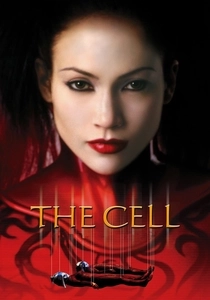
The Cell (2000)
Description: A psychologist enters the mind of a comatose serial killer to find the location of his latest victim, exploring his twisted dream world.
Fact: The film's dream sequences were inspired by the works of Salvador Dalí and H.R. Giger. Jennifer Lopez's character was originally written for a male actor.
 Watch Now
Watch Now 
Waking Life (2001)
Description: A young man wanders through a series of dream-like experiences, questioning the nature of reality, consciousness, and existence.
Fact: The entire film was rotoscoped, giving it a unique, dream-like visual style. It features philosophical discussions from real-life thinkers.
 Watch Now
Watch Now 
Vanilla Sky (2001)
Description: A man's life takes a surreal turn after a car accident, leading him into a dream-like state where he must unravel the truth of his existence.
Fact: The film is a remake of the Spanish film "Abre los ojos." Tom Cruise's character's dream sequences were inspired by his own real-life experiences.
 Watch Now
Watch Now 
The Science of Sleep (2006)
Description: A man with a vivid imagination blurs the line between his dreams and reality, leading to a whimsical and sometimes heartbreaking exploration of love and creativity.
Fact: The film was shot in Paris, with many scenes reflecting the protagonist's dream-like state. Michel Gondry, the director, is known for his surreal visual style.
 Watch Now
Watch Now 
Paprika (2006)
Description: A Japanese animated film where a device allowing therapists to enter patients' dreams is stolen, leading to a surreal adventure through dreamscapes to recover it.
Fact: The film's director, Satoshi Kon, was known for his dream-like narratives. The film's visual style heavily influenced the design of the dream sequences in "Inception."
 Watch Now
Watch Now 
Inception (2010)
Description: Christopher Nolan's masterpiece where a professional thief uses experimental technology to infiltrate the subconscious mind of his targets to plant an idea, exploring the layers of dreams within dreams.
Fact: The film's dream worlds were inspired by M.C. Escher's impossible constructions. The spinning top used by Cobb to test reality was actually a personal item of Nolan's wife.
 Watch Now
Watch Now 
The Lathe of Heaven (1980)
Description: Based on Ursula K. Le Guin's novel, a man's dreams can alter reality, leading to a psychological exploration of the consequences of changing the world through dreams.
Fact: The film was made for PBS and explores themes of social and political change through dream manipulation. It was one of the first adaptations of Le Guin's work.
 30 Days Free
30 Days Free 
